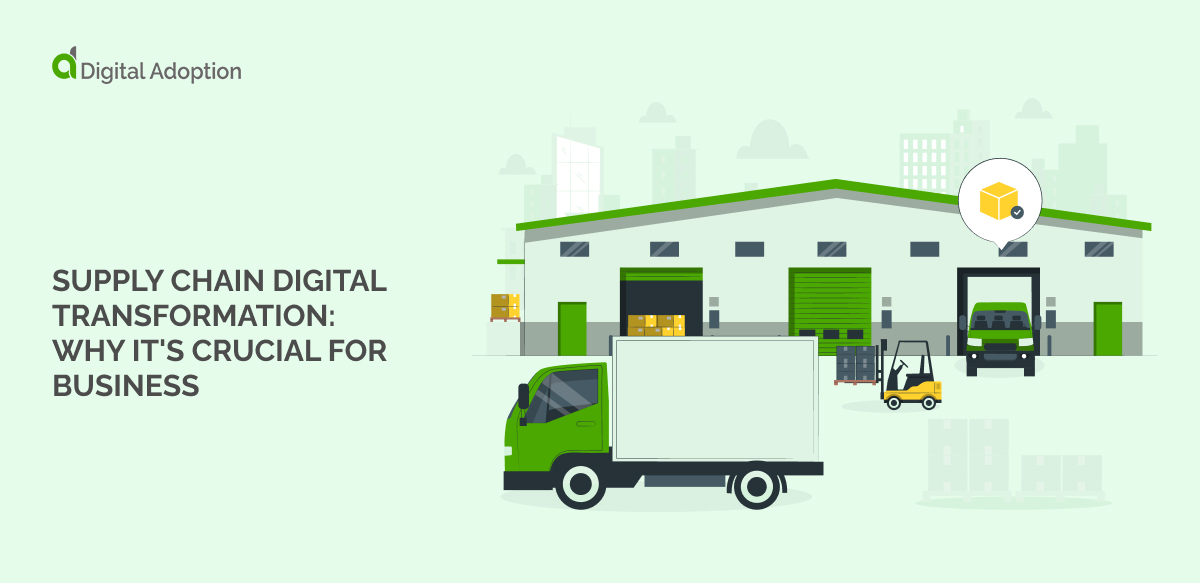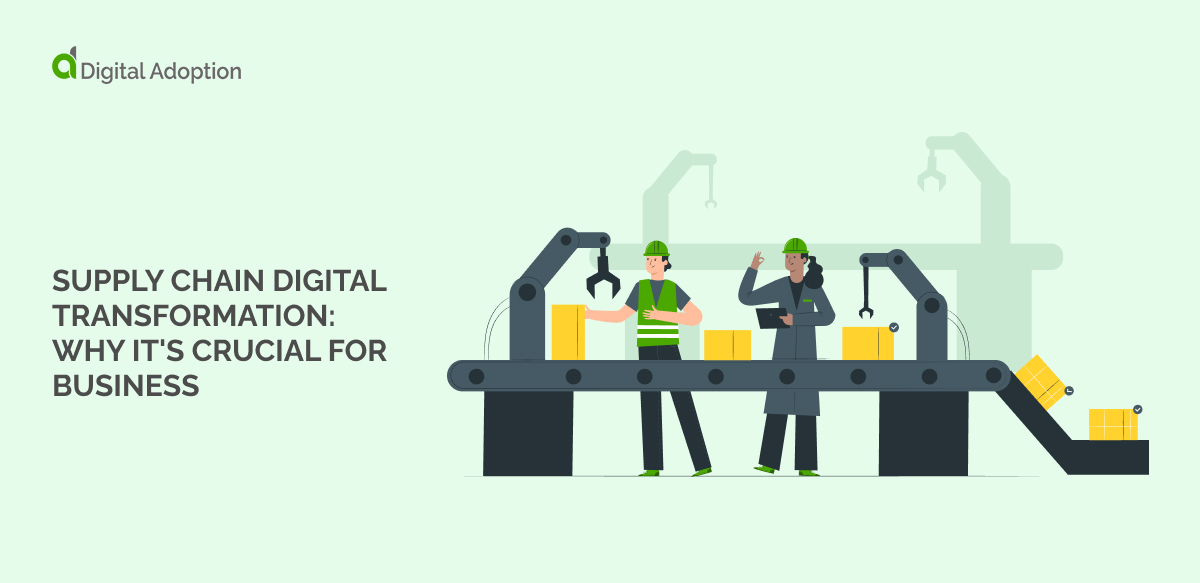How can an onboarding manager improve product adoption?
In this article, we’ll explore the answer to that question, and more.
Including:
- What onboarding managers do
- Two different types of onboarding managers
- How onboarding managers can make a difference in product adoption and user success
And more.
To start with, it is important to understand a few key ideas…
How Onboarding Fuels Successful Product Adoption
Product adoption is the process of implementing a new product or service.
It includes stages such as:
- Onboarding
- Training
- Support
Among others.
The more successfully users can adopt a product, the more productive and satisfied they will be.
This, in turn, impacts the product creator’s bottom line.
After all:
- Greater user productivity goes hand in hand with greater user satisfaction
- Grater satisfaction means increased longevity
- Increased longevity translates into a greater lifetime value
Onboarding, one of the most important stages of product adoption, can greatly influence these areas.
For that reason, onboarding managers can add significant value to a business’s bottom line.
However, as we’ll soon see, onboarding managers don’t just work for product development companies.
Why Any Business Can Benefit from Having an Onboarding Manager
Today, digital transformation and adoption have become the norm.
Customers and businesses alike continually adopt new tools, technology, and platforms.
Onboarding, therefore, isn’t restricted solely to customer onboarding.
In fact, onboarding managers can assist with product adoption in several different ways:
Employee Onboarding vs. Client Onboarding vs. Customer Onboarding
Imagine a company adopts a new customer-facing SaaS tool, such as cPanel.
In such a scenario, there are several parties involved in adoption:
- The product creator. The creator of the SaaS platform.
- The client business and its employees. The business that uses the SaaS platform.
- The client company’s customers. The customers that belong to that business and make use of the SaaS platform’s frontend.
Onboarding is relevant to each group:
- Product creators must onboard their clients. They must help deploy, integrate, onboard, and train the client company.
- Client businesses must onboard their employees. The product developers and those within the client company must onboard and train employees.
- That organization must also onboard new customers. The client business must also onboard new customers on the platform’s frontend.
Naturally, not every SaaS platform involves all three parties.
In many cases, there are only two parties – such as a software company and its end users.
However, the point is this: onboarding affects any group that adopts a new platform or solution.
This is why every business can benefit from hiring an onboarding manager.
Should You Hire an Onboarding Manager?
Onboarding managers, as one might suspect, manage user onboarding.
There can be different types of onboarding managers, depending on the circumstances.
For instance, there are onboarding managers that:
- Manage onboarding for new client businesses and their employees. These onboarding managers help onboard B2B clients, whose employees will be using a platform.
- Manage employee onboarding within their own company. These managers focus on effective onboarding within one’s own company.
- Manage user onboarding for their customers. New user onboarding specialists focus on successful customer onboarding.
When asking whether or not to hire an onboarding manager, the first thing is to understand the potential benefits.
If they match the organization’s needs, then hiring an onboarding manager may be a good idea.
Here is a step-by-step process for deciding whether or not it is a good idea to hire an onboarding manager:
- Determine organizational needs. Would the onboarding manager focus on external customers or internal employees?
- Understand what role the onboarding manager would play. What duties would they perform?
- Perform a cost-benefit analysis. Would the benefits of hiring a manager outweigh the costs?
In the right circumstances, onboarding managers can offer significant bottom-line benefits to an organization.
What to Look for in an Onboarding Manager
The specific qualifications will vary depending on the circumstances.
However, software onboarding shares the same characteristics regardless of the end user.
Many of the requirements for onboarding managers, therefore, will remain the same.
Typical job requirements include:
- A technical background, or at least a deep understanding of the product in question
- Experience working in customer-facing roles
- Project management experience
- An understanding of the company’s industry and its customers or clients
- Managerial skills, people skills, and soft skills
- Strong communication skills, both written and verbal
Like many emerging positions in today’s marketplace, this job requires a strong combination of both technical skills and people skills.
Final Notes
Finally, it is important to point out that “onboarding manager” also refers to employee onboarding from an HR perspective.
In this case, onboarding is not part of product adoption – it is part of the employee life cycle.
This article has only focused on digital product adoption and software onboarding.
However, to avoid confusion, it is useful to note the overlap in terminology.
Employee onboarding can, after all, refer to software onboarding or new hire onboarding.













